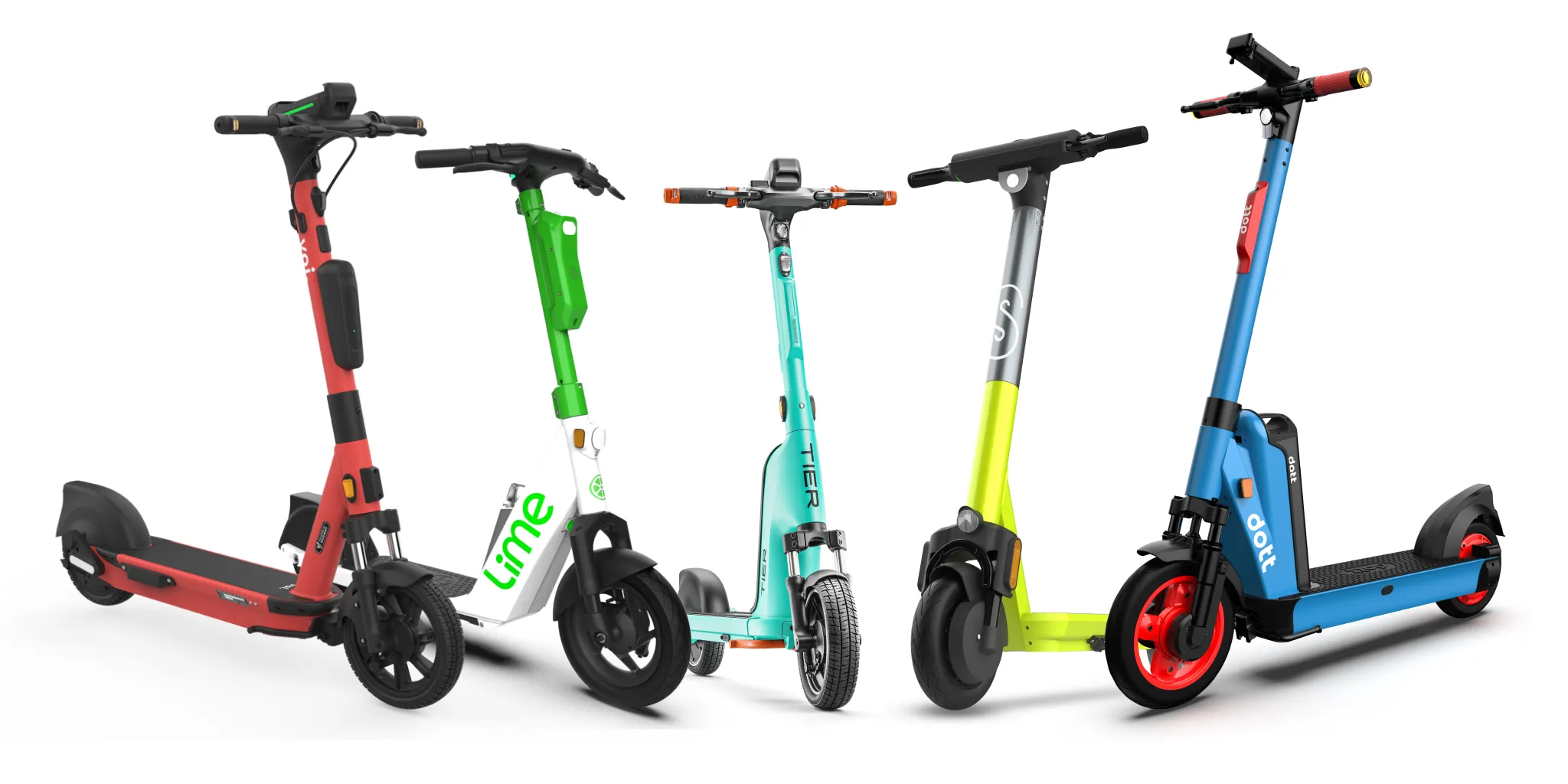Ambitious emissions limits and a timeframe for real-world emissions testing should be set, say MEPs in a resolution on sustainable urban mobility adopted on Wednesday. Reliable public transport, car-sharing as well as ICT-enabled traffic management and working practices would help reduce traffic congestion and air pollution. Measures to improve conditions for cycling and walking should be taken, they add.
The MEPs called for the European Commission to set effective and ambitious emission ceilings under the National Emission Ceilings Directive (NEC), ambitious car emission performance standards and a clear timeframe for putting in place real-world driving emission testing for private vehicles.
MEPs encourage the authorities in EU countries to draw up sustainable urban mobility plans which give priority to low-emission transport modes. They also ask EU countries, together with the industry, to develop relevant refuelling and recharging infrastructure to boost take-up of electric vehicles and vehicles powered by alternative fuels.
Reliable public transport is vital for sustainable urban development, MEPs say, and they support the creation of traffic zones where priority is given to public transport. Connectivity of suburban parking spaces with rail or public transport services through initiatives such as ‘park and ride’ options should be improved.
Car-sharing, ride-sharing and car-pooling services make better use of existing resources and help to reduce cars in cities, they add, whilst also encouraging EU member states to make efforts to improve conditions for walking and cycling, noting that this offers the best potential for CO2 neutrality.
ICT technologies and tele-working could help reduce the need for journeys into work, MEPs say. Advanced traffic and speed management help reduce fatalities and injuries and improve traffic flow, they add, and urge European cities to exchange best practices on safety management.
MEPs call for action to reduce air pollution and traffic congestion
Ambitious emissions limits and a timeframe for real-world emissions testing should be set, say MEPs in a resolution on sustainable urban mobility adopted on Wednesday. Reliable public transport, car-sharing as well as ICT-enabled traffic management and working practices would help reduce traffic congestion and air pollution. Measures to improve conditions for cycling and walking should be taken, they add.
December 3, 2015
Read time: 2 mins








